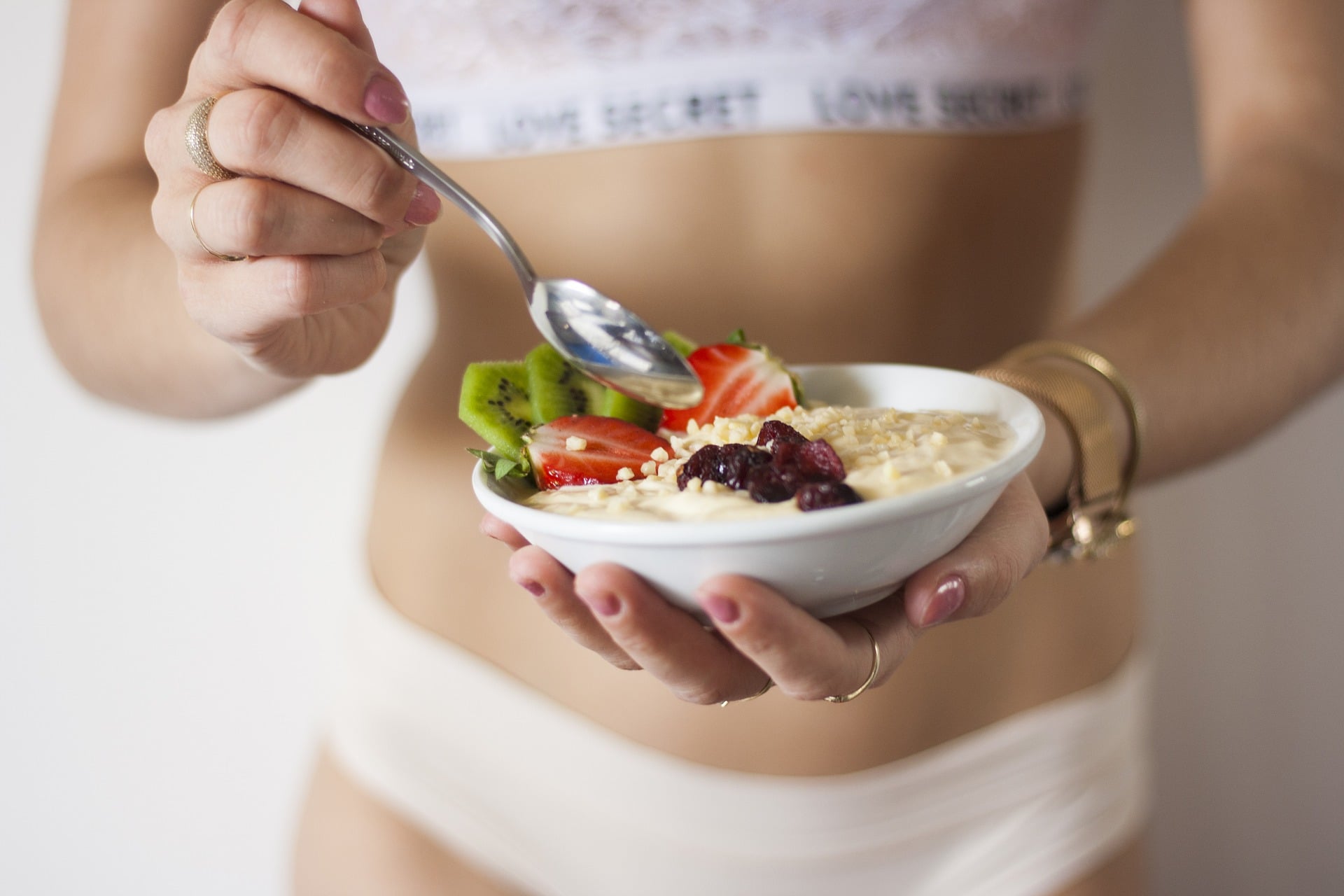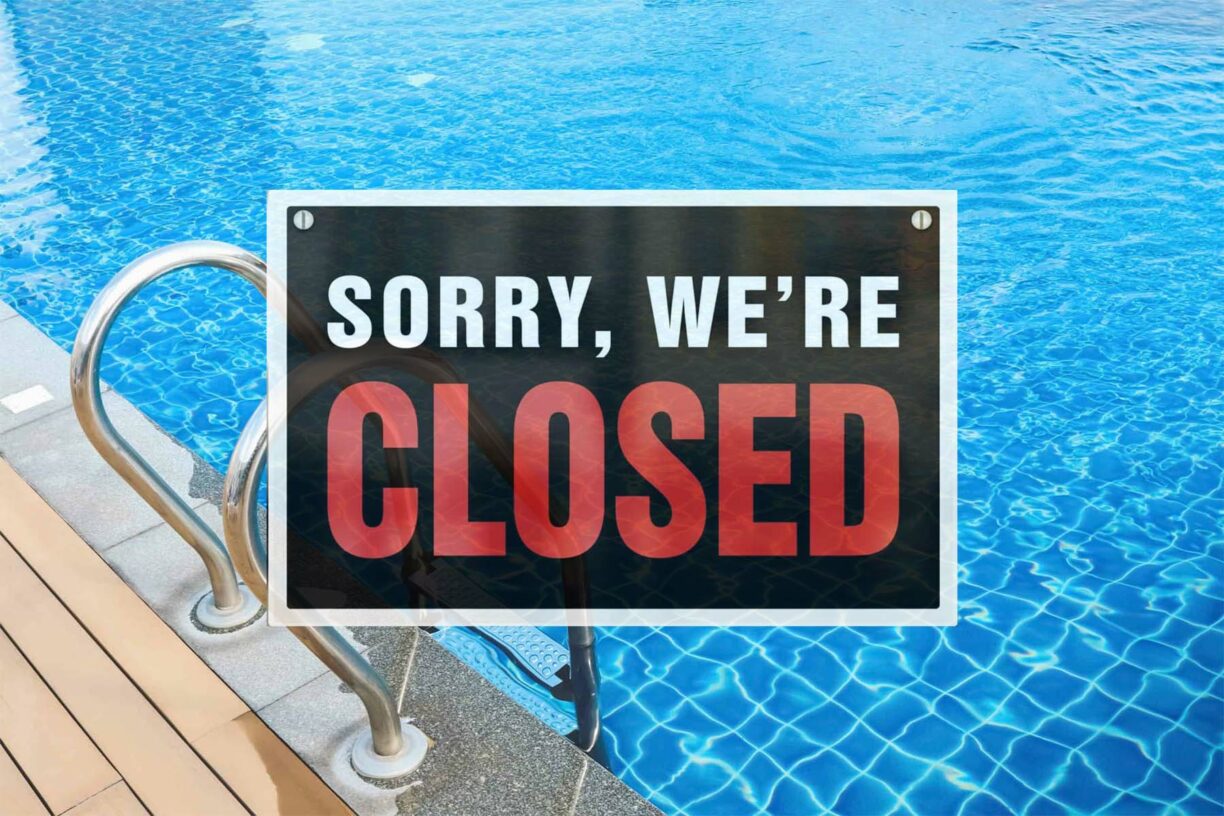Perhaps the most common mistake people make when trying to get fit is a dismissal of the importance of their diet. It’s exceedingly easy to put a heavy focus on exercise and ignore the ways in which your diet will affect your gains.
Jeff Kloepping, an international fitness instructor and nutrition expert, has helped countless clients get fit by creating bespoke diet and fitness regimes; all of which are personal to the client’s circumstances, preferences, and end goal.
Jeff understands that there is no ‘one size fits all’ plan when it comes to nutrition and that your exercise routine and diet need to work in tandem with one another in order to see the best results.
Below, Jeff has provided his considerable insight into just how important nutrition is when it comes to getting fit and how you should alter your diet when striving for different things, for example, weight loss or muscle gain, and how this can be done in an enjoyable, unrestrictive way.
1. Nutrition Is KEY
No matter what your goal in fitness is, nutrition is THE KEY. The process of both losing fat and gaining muscle relies on nutrition over everything else.
Even if you don’t have a particular body composition goal and just want to be healthier and get fit, you will find that nutrition plays a huge role in this as well. You won’t be able to maximize your performance without supplying your body with the proper nutrients.
2. Fat Loss
The key component to fat loss is calories. It’s far easier to just eat less, subsequently lowering your calorie intake, rather than attempting to ‘burn off’ the foods you’re eating through working out.
Hypothetically, one doughnut could potentially take an hour to burn off on the treadmill. That hour of cardio is only going to take you back to a maintenance level, meaning you will have essentially worked out for a whole hour for the pleasure of eating a single doughnut.
In this scenario, you will be spending one hour per day exercising only to maintain the body you already have.
If you are to cut the doughnut out of your diet entirely, you will have a reduction in your daily calorie intake. Pair this with the daily cardio for an additional reduction in calories and now you’re going to start seeing some results!
3. Muscle Gain
Just like losing fat, in order to put on muscle there needs to be a focus on calories. In order to gain muscle, you need to be in a calorie surplus (eating more than you’re burning). To limit fat gain, you will need to supply your body with nutrient-dense calories.
Calories full of vitamins and minerals. Choose healthy foods to help you feel great whilst being able to perform at your absolute best!
4. Protein
The most important nutrient to consider is protein. No matter what your goal is, I always recommend that everyone should aim to take in their body weight, or at least their ideal body weight, in grams of protein per day.
If you weigh or want to weigh 200lbs, for example, strive to take in 200g of protein per day.
Understandably, not everybody wants to count calories. In this case, aim to have some protein with every meal – even your snacks.
If you really put the effort into reaching your daily protein goals then, by default, you are likely to have consumed less carbs and fat. This tweak in your diet should change your body composition to some degree on its own.
5. Carbs
If you are trying to lose body fat, carbs should be kept to a moderate level. A good rule of thumb here is to limit your carb portion size to be the same size as the palm of your hand. Stay away from fried foods and fill your plate with vegetables.
Protein and veggies are more filling and should prevent you from eating too much of the other stuff.
6. Meal Plans
When it comes to planning meals alongside your fitness routine, it can be extremely off-putting when you feel too restricted, and may ultimately lead to you just wanting to give up and eat a pizza. This is why I always suggest the 80/20 rule.
If your plan is designed for 5 meals per day for a week, that will be 35 meals per week. Applying the 80/20 rule to this will mean that 28 meals should be meals from the plan, and 7 can be ‘off-plan’ meals. Life is about living and enjoying yourself.
You will find it a lot easier to do this if you feel fit and healthy, but that doesn’t mean you should have to cut out everything you love to eat!
If the majority of your meals are healthy and on plan, then you should still make plenty of progress while getting to enjoy yourself without feeling guilty.
7. Food For Thought
As a final suggestion to those who want to keep things easy without the necessity for counting calories, is to keep a food journal.
If you write down everything you eat throughout the week, then you have something to look back on and make adjustments to based on your progress.
If you haven’t lost any weight, you can look back and scratch things off that may not have helped towards your end goal.
If your goal is to gain muscle and you haven’t packed on any mass, then you can look back and see where you can add some more nutrient-rich foods.





